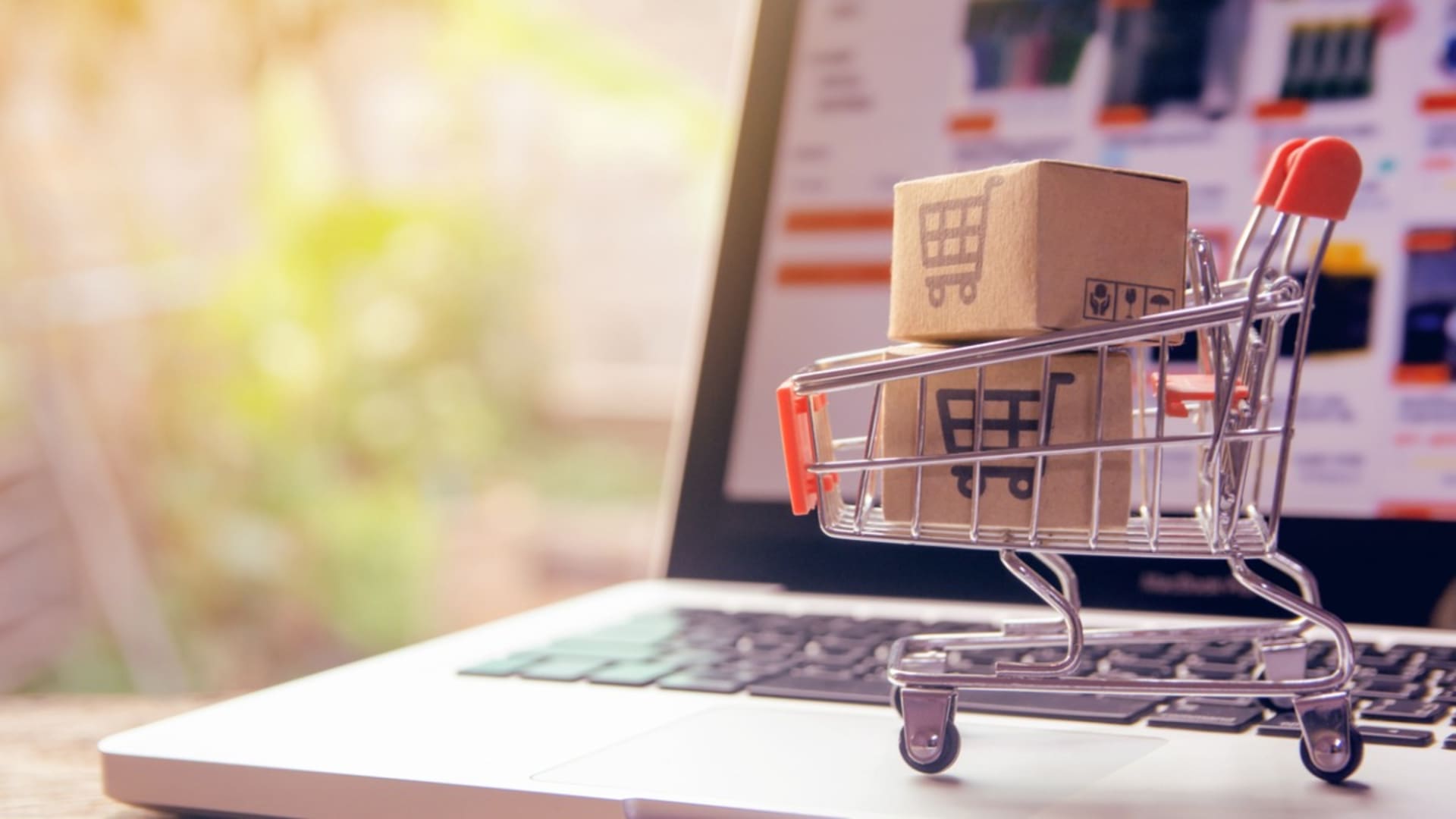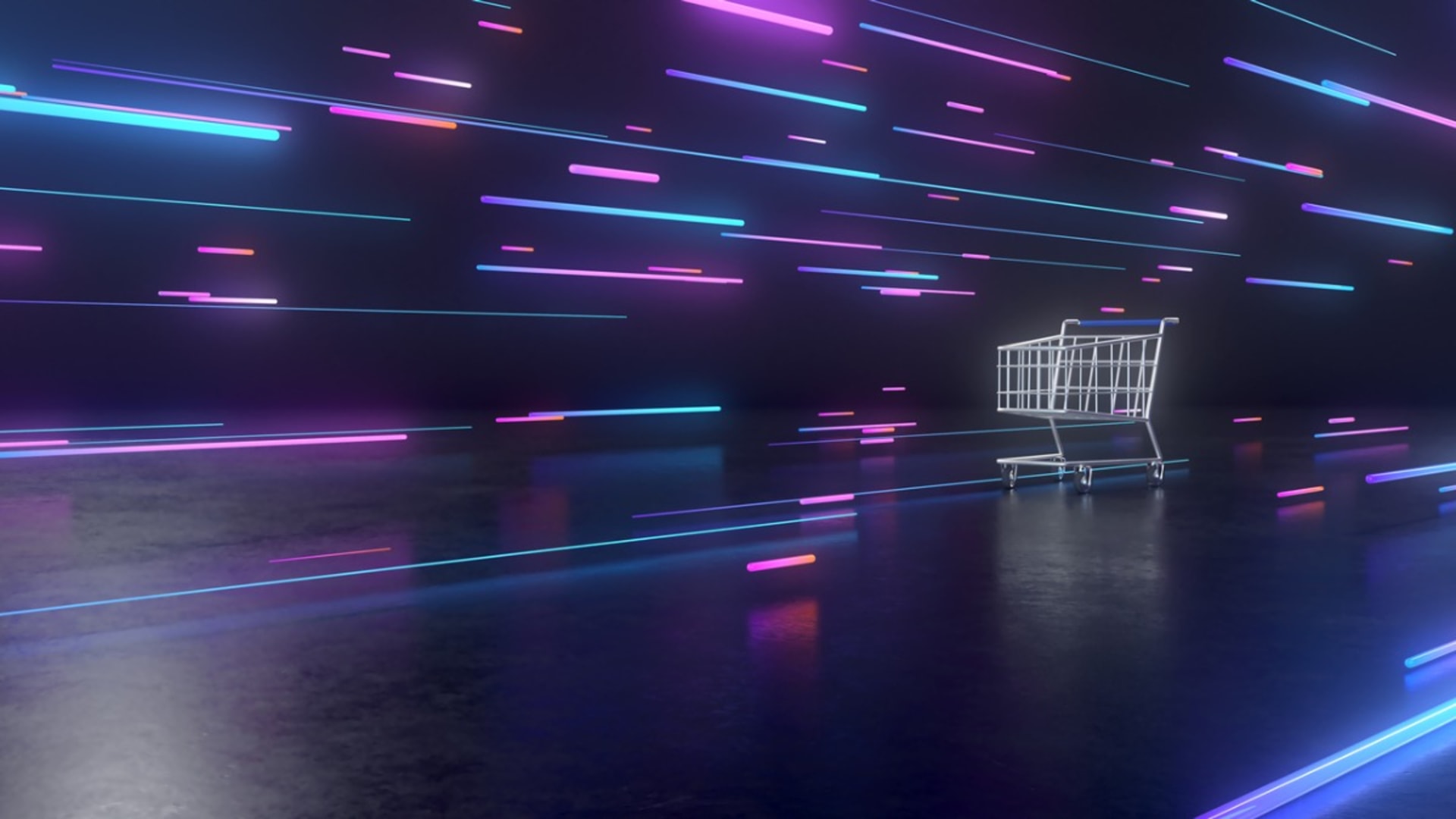- Home
- Industries
- Retail
RETAIL SOFTWARE DEVELOPMENT
Build scalable, interactive, and immersive systems to delight customers and prospective buyers.
500+ companies rely on our top 1% tech talent.
Retail software development services we provide
E-Commerce Platform Development
Optimize your online retail presence with our e-commerce platform development services. We create multifunctional, user-friendly platforms that facilitate seamless online transactions and ensure data security to build rapport with your customers.
Point of Sale (POS) System Development
Streamline in-store operations with our point-of-sale (POS) system development. We design customized POS solutions to help smooth out the transaction process, optimize inventory management, better track sales, and more. The result? Increased efficiency and customer satisfaction.
Inventory Management & Optimization Software
Improve your processes with our inventory management and optimization software. Our solutions provide real-time visibility into your inventory and allow you to automate replenishment to minimize stockouts. Ultimately, we help our clients meet customer demands more efficiently and effectively.
Customer Relationship Management (CRM) Solutions
Improve your interactions with customers with our customer relationship management solutions. We implement customized CRM systems that consolidate customer data, extract important insights about consumer demand, enhance communication, and personalize the shopping experience. Our solutions help ensure that your customers keep coming back.
Mobile App Development for Retail Services
Reach more customers with mobile app development for retail services. We create customized apps that allow customers to browse from anywhere. Our applications create convenient and customized shopping experiences, connecting your brand with customers on their preferred devices.
Supply Chain Management & Logistics Solutions
Streamline your retail supply chain with supply chain management and logistics solutions. We develop systems that improve visibility into the supply chain and automate processes. Our solutions streamline logistics, resulting in more efficient and cost-effective operations from manufacturing to delivery.
ERP Solutions for Retail Operations
Revolutionize your retail operations with our ERP solutions. From financing to inventory, our ERP systems unify all of your processes, empowering your team with real-time, actionable insights to inform decision-making, improve efficiency, and boost business growth.
Predictive Analytics for Sales Forecasting
Stay ahead of market trends with our predictive analytics for sales forecasting. We employ advanced analytics to predict market trends and future sales patterns, allowing retailers to make more strategic business decisions and capitalize on emerging opportunities in the competitive retail landscape.
Types of custom retail software we can help with
AI-Powered Personalization & Recommendation Systems
AI-powered personalization and recommendation systems can transform the retail experience. Tailored to the retail sector, these solutions analyze customer preferences and deliver personalized product recommendations to drive sales with more targeted shopping experiences.
Augmented Reality Shopping Experiences
Our custom augmented reality (AR) shopping solutions integrate AR technology into the retail landscape, allowing your customers to visualize and virtually try on products. This immersive shopping journey ultimately allows them to make more informed purchasing decisions, minimizing returns and customer complaints.
Contactless Payment & Digital Wallet Integration
There’s a growing demand for contactless payment options in the retail market because they simplify the checkout experience and boost overall customer satisfaction. Contactless payment and digital wallet integration solutions enable seamless, secure, and convenient transactions, so retailers stay current and competitive.
Loyalty Program Management Systems
Loyalty program management systems for retail businesses are designed to integrate loyalty programs for customers. These solutions provide a platform for personalized incentives, rewards, and engagement strategies to foster brand loyalty.
Big Data Analytics & Customer Insight Tools
Data informs decision-making to make for better business. Big data analytics and customer insight tools give retailers the data they need. Customized for the retail industry, these tools analyze customer behaviors and preferences, as well as common trends, to provide retailers with actionable insights to optimize both marketing strategies and inventory.
Omnichannel Retail Integration Platforms
Omnichannel retail integration platforms unify online and offline retail channels, ensuring a consistent customer journey. This integration optimizes inventory management, order fulfillment, and customer interactions, facilitating a cohesive and efficient retail ecosystem.
Automated Marketing & Advertising Solutions
Automated marketing and advertising solutions for retailers improve campaign management. They also allow retailers to target specific demographics, analyze metrics, and improve advertising efforts. These solutions can help boost brand visibility and drive sales down the line.
Chatbot & Virtual Assistant Technology
Chatbots and virtual assistants can help customers 24/7 so retailers can focus on other aspects of the business. They improve customer experiences because they provide real-time assistance by answering queries and guiding customers through the shopping journey.
Retail Business Intelligence & Reporting Tools
Retail business intelligence and reporting tools provide comprehensive analytics. This data provides insights into everything from sales performances and inventory management to customer behavior—all in one place.
Facial Recognition for Personalized Marketing & Security
Facial recognition technology for marketing and enhanced security enables personalized shopping experiences for customers and improves security measures. This technology creates a more efficient and secure retail environment that allows customers to conveniently sign into their shopping accounts.
Machine Learning-Driven Sales Forecasting
Inventory planning is easier with machine learning-driven sales forecasting. These solutions analyze historical data, market trends, and other factors to empower retail businesses with accurate sales forecasts that improve inventory management, reduce stockouts, and optimize supply chain efficiency.
Robot-Assisted Warehouse Management
Warehouse operations can be made smoother with robot-assisted warehouse management. The solution integrates robotics into warehouse management to automate tasks, remove room for human error in inventory management, and make supply chain operations more cost-effective.
Case study
URBN’s technology leadership needed help getting things done faster, so they turned to BairesDev. Our engineers were tasked with improving the experience through front-end development solutions. Their technical expertise enabled the team to understand and address speed and error issues on the website. Urban Outfitters Case Study.

Benefits of building bespoke solutions
1. Seamless Integration
Custom retail software solutions can seamlessly integrate with your existing systems. Our tailored approach ensures that the software adapts to the business processes already in place, enhancing overall operational efficiency within a unified platform.
2. Ownership and Autonomy
Custom retail software gives you ownership and autonomy over your business processes. Tailored solutions empower you with more control, allowing you to adapt and modify features to meet your business needs and market demands.
3. Improved Customer Experience
Investing in custom retail software directly contributes to an improved customer experience. That’s because bespoke features can address specific customer needs, creating a personalized shopping journey for them. The end result is enhanced customer satisfaction, loyalty, and engagement.
4. Scalability and Flexibility
Scalability and flexibility are byproducts of custom software solutions. They allow your team to adapt to your business's growth over time. Whether expanding your product lines or entering into new markets, our solutions help you evolve your retail business to meet changing demands and leverage opportunities.
5. Alignment with Business Goals
Optimize your retail strategy with customized software that aligns with your business goals. Our solutions address your specific challenges, workflows, and business objectives,helping you achieve your business aspirations.
Which institutions benefit from custom retail software development?
Retail software development services aid many different types of companies across the industry. Some examples of these retail companies are:
Large Retail Chains
Manage inventory, track sales, and analyze customer data across locations.
E-Commerce Businesses
Enhance online shopping experiences, manage inventory, handle logistics, and provide personalized customer service.
Small and Medium-Sized Retailers
Tailor software to specific needs like inventory management, customer relationship management (CRM), and sales tracking.
Omnichannel Retailers
Seamlessly integrate various sales channels, ensuring a consistent customer experience across platforms.
Grocery Stores and Supermarkets
Use custom software for efficient inventory management, point of sale (POS) systems, and to enhance customer loyalty programs.
Pharmacies and Healthcare Retailers
Manage prescriptions, patient data, and healthcare products, while ensuring compliance with healthcare regulations.
Department Stores
Manage a wide variety of products, coordinate with multiple suppliers, and provide personalized customer service.
Warehouses and Distribution Centers
Build custom software for inventory management, logistics, and tracking shipments.
Franchise Retail Businesses
Ensure brand consistency across franchisees and manage franchisor-franchisee relationships.
Shopping Malls and Commercial Centers
Facilitate better tenant management, space leasing, and integrated marketing strategies.
B2B Retailers
Streamline ordering processes, manage large inventories, and handle complex B2B transactions.
Why Choose BairesDev for Retail Development

Industry Experts
Our industry experts have a deep understanding of the retail landscape. They have extensive knowledge of retail operations, retail market trends, and customer demands in the retail space. This expertise allows them to develop innovative and forward-thinking solutions that align with your business goals.
Bespoke Solutions
We pride ourselves on delivering bespoke retail software solutions that meet the needs of your business. We collaborate closely with clients to gain a deep understanding of their specific challenges and objectives. From there, we design and develop custom software that fits your retail operations.
Top 1% of Tech Talent
Our tech talent represent the top 1% of the industry. We offer you access to highly skilled professionals who bring unparalleled expertise and innovation to your retail software development projects.
Our 4,000+ software engineers are experts in 100+ technologies. We build custom retail solutions in your preferred tech stack.
Our full repertoireOur process. Simple, seamless, streamlined.
We'll discuss your business goals, budget, and timeline. During this initial call, we'll determine if you need end-to-end software outsourcing or one of our other engagement models.
We'll craft a plan outlining our approach, based on your requirements and the chosen engagement model. We'll also assemble a team of specialists who possess the necessary technical expertise.
Our software engineers will get to work. Throughout the software development process, we will track metrics and keep you informed about our progress to ensure you stay up to date.
Frequently Asked Questions (FAQ)
Custom retail software is tailored to your business processes. This means it can optimize your inventory management, improve your customer engagement, streamline your point-of-sale operations, and more.
Retail software developers specialize in creating software solutions that improve business operations and enhance customer experiences. A retail software development company has developers who are experts not only in software solutions but also in everything from streamlining supply chain logistics to optimizing e-commerce platforms.
With a customized approach, your team can make adjustments throughout the development process. It also creates space for scalability and flexibility, so you’re able to accommodate changing business needs, market trends, or customer demands.
Security is integral to retail software development since retailers collect personal and financial information from customers that must be protected, in addition to company data. Developers implement robust measures—including encryption, secure payment gateways, and authentication protocols—to safeguard sensitive data and protect against potential threats.
Beyond retail: 100+ industries covered.




How Businesses Can Overcome the Software Development Shortage
BairesDev Ranked as one of the Fastest-Growing Companies in the US by Inc. 5000

Outsource the heavy lifting to us.Schedule a Call











